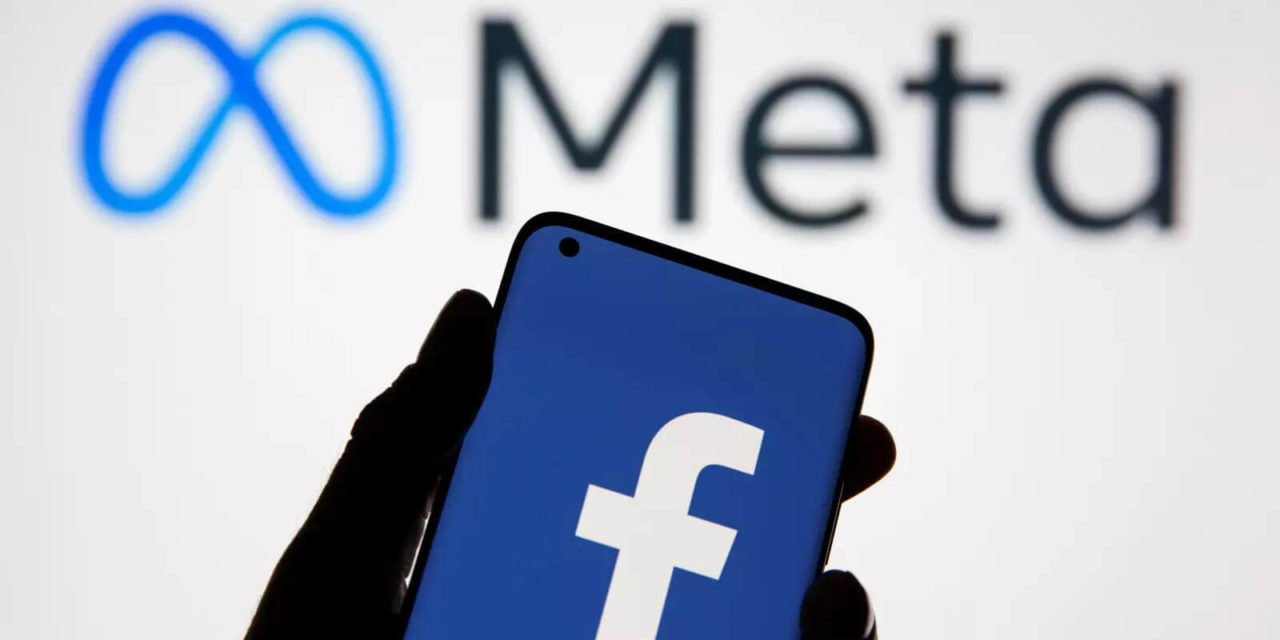An “immersive virtual environment” is how Mark Zuckerberg and his team see Meta, the mega-tech entity formerly known as Facebook.
The company’s rebrand was officially announced October 29th and has essentially polarized the world into those fascinated by upcoming changes to the social media platform and its subsidiaries which now include Instagram and WhatsApp, and those who think Zuckerberg is up to no good.
But while the rebrand is big news for the outside world, insiders have been aware of it for several years now. More than 10,000 professionals were called in to work in Facebook’s Reality Labs division, specifically on initiatives related to augmented and virtual reality – and the platform intends to hire more as it has acquired a sizable number of virtual reality startups.
It’s a move that has prompted critics to sneer and say that it’s another “land grab” to keep others from developing anything new.
Um, What’s a Metaverse?
As stated earlier, Zuckerberg’s vision of a metaverse involves a virtual realm that can be accessed using VR/AR-specific hardware. It’s meant to be everything from a playground, a concert venue, gallery, general hangout zone, and even a shared online workspace. Zuckerberg is optimistic that this is the next step in the evolution of interactive technologies.
However, critics are demanding answers to two specific questions: why and why now.
“Why now,” in particular, calls to mind Facebook’s recent scandals, particularly its involvement in the January 6 attack on the US Capitol and the way politicians across the globe have used the social media platform. It makes people think that Zuckerberg is trying to clear his company’s name by throwing something different at the world.
Is it Just a Way to Grab the Kids?
One reason why Facebook is pivoting towards the virtual world is that it has been losing younger users – those in their teens and twenties – to more engaging social media apps like TikTok and Snapchat. While the long-term financial impact of this trend remains to be seen, it has already started affecting Facebook’s ad revenues both on its main platform and on Instagram.
Experts say that Meta could help reverse the trend, particularly if younger users have access to Oculus headsets and similar equipment that will enable them to log on to Horizon, Facebook’s proprietary virtual social media app.
But, again, this remains to be seen, as much of Facebook’s – well, Meta’s – core market remains dependent on iOS and Android devices. However, if it plays its cards right, Meta could be a gamble that pays off big time for Zuckerberg and company.















